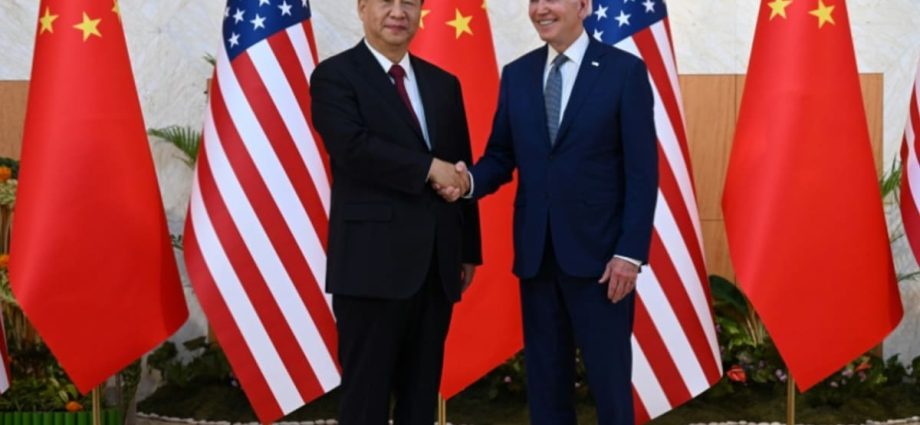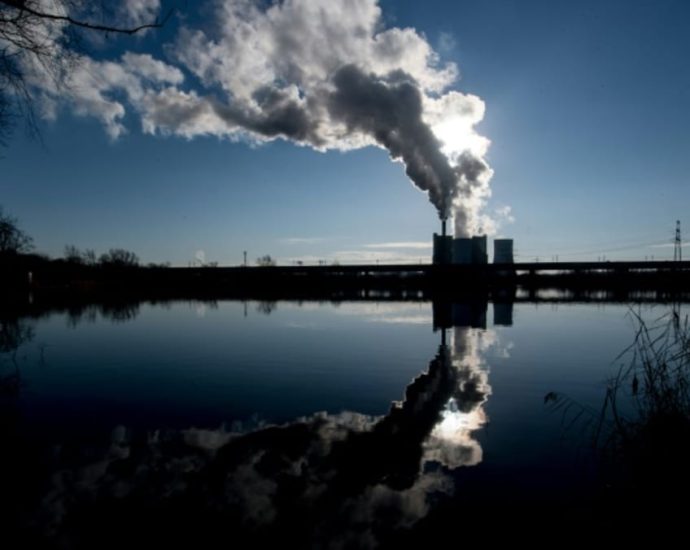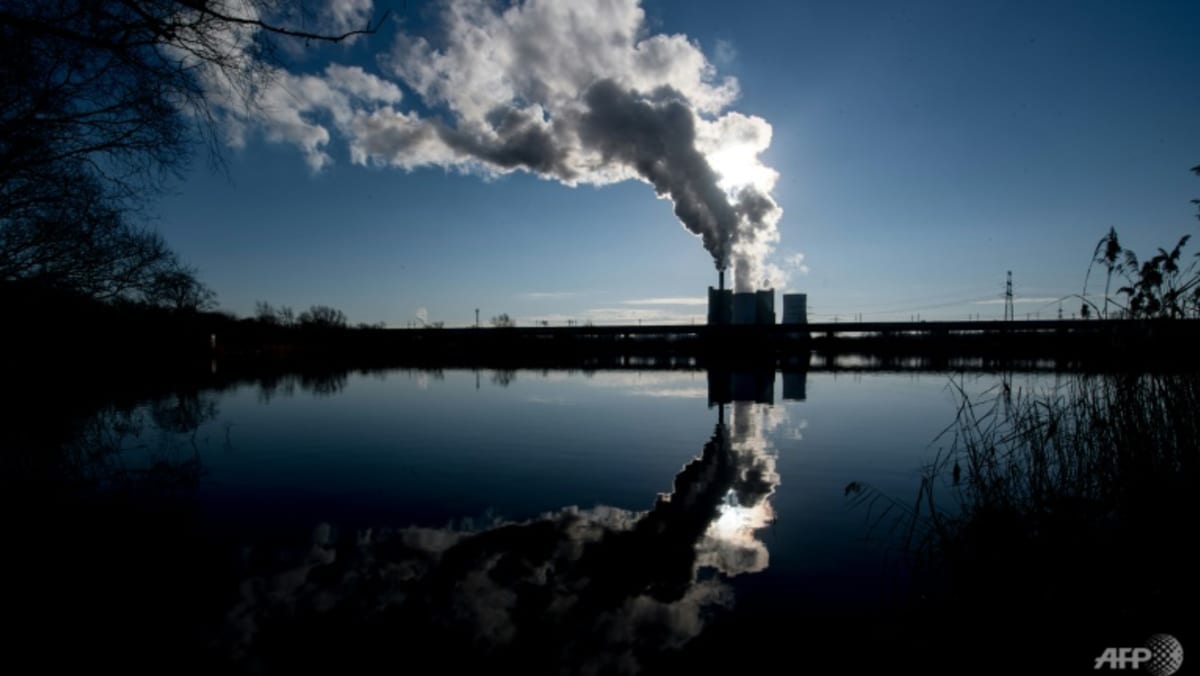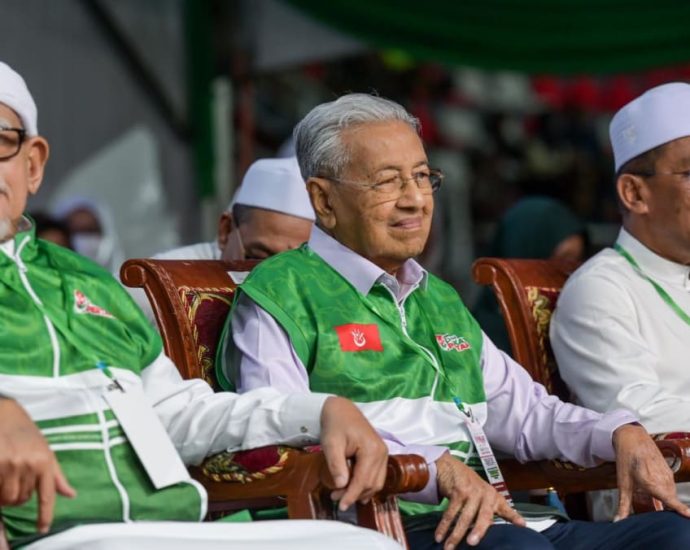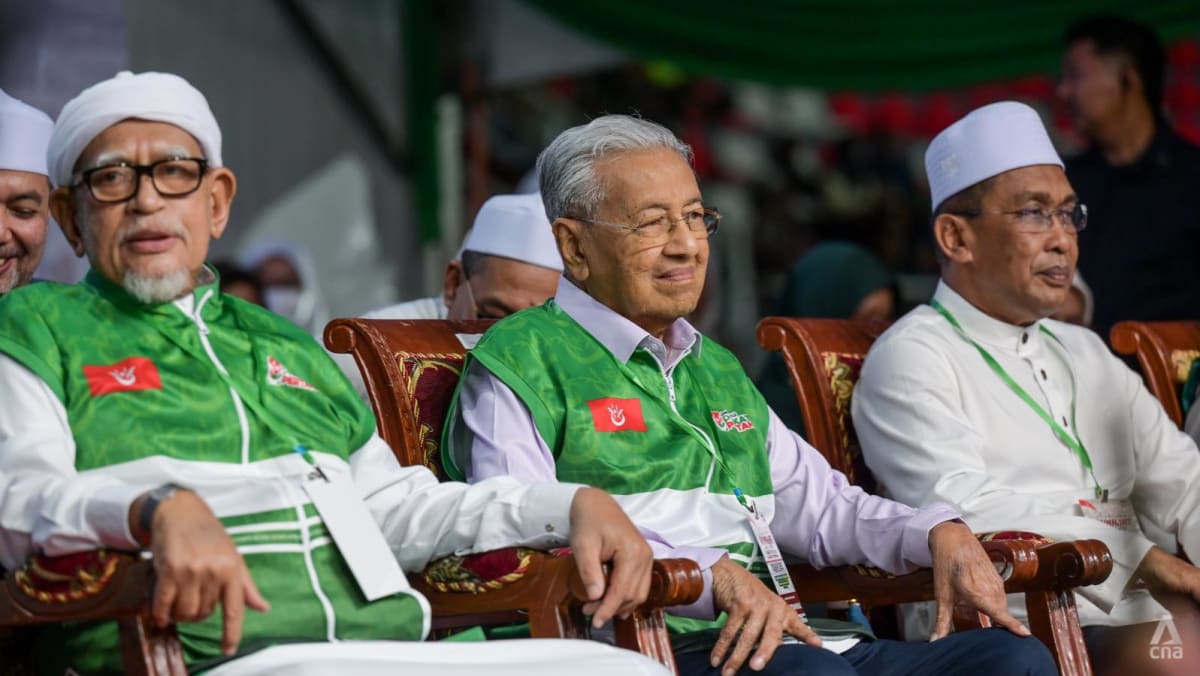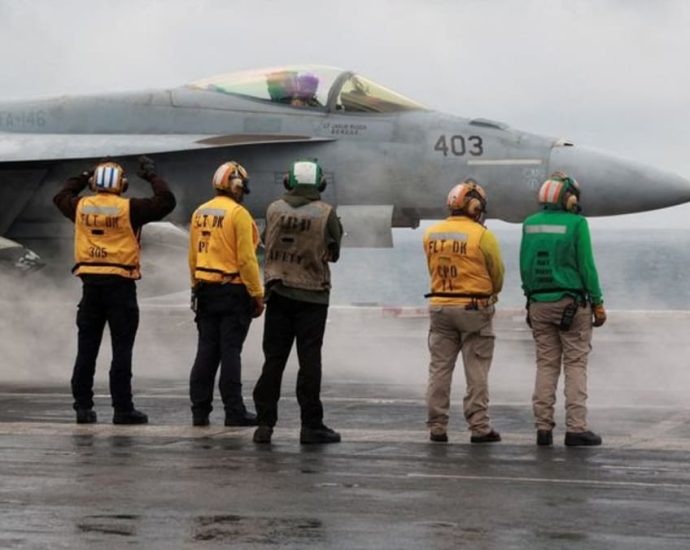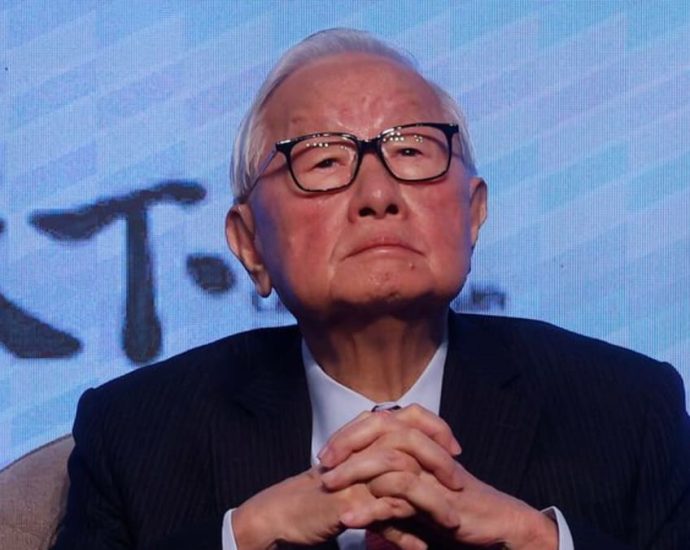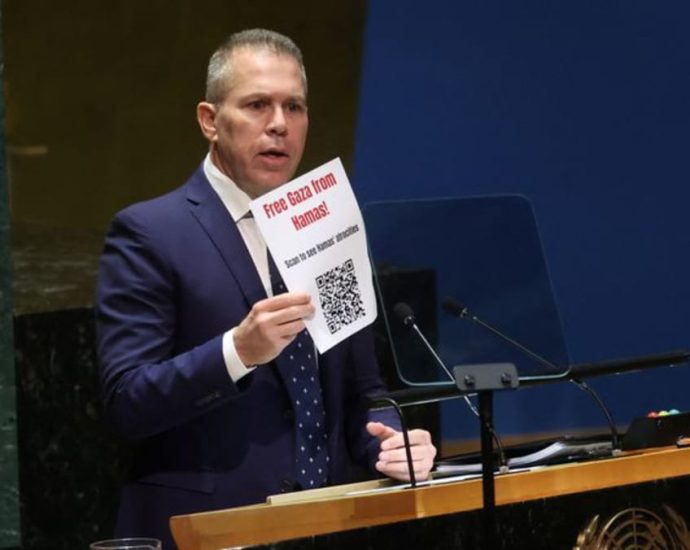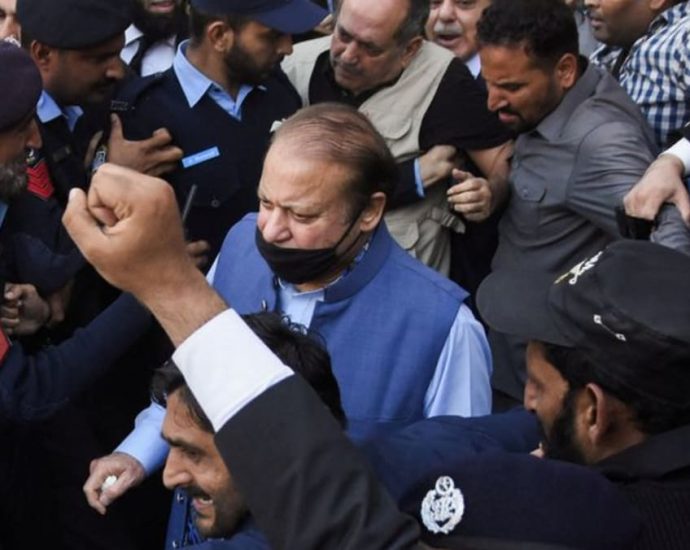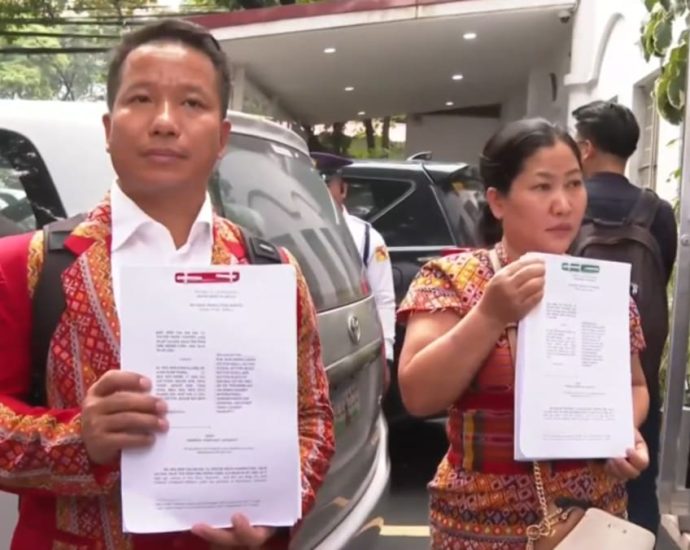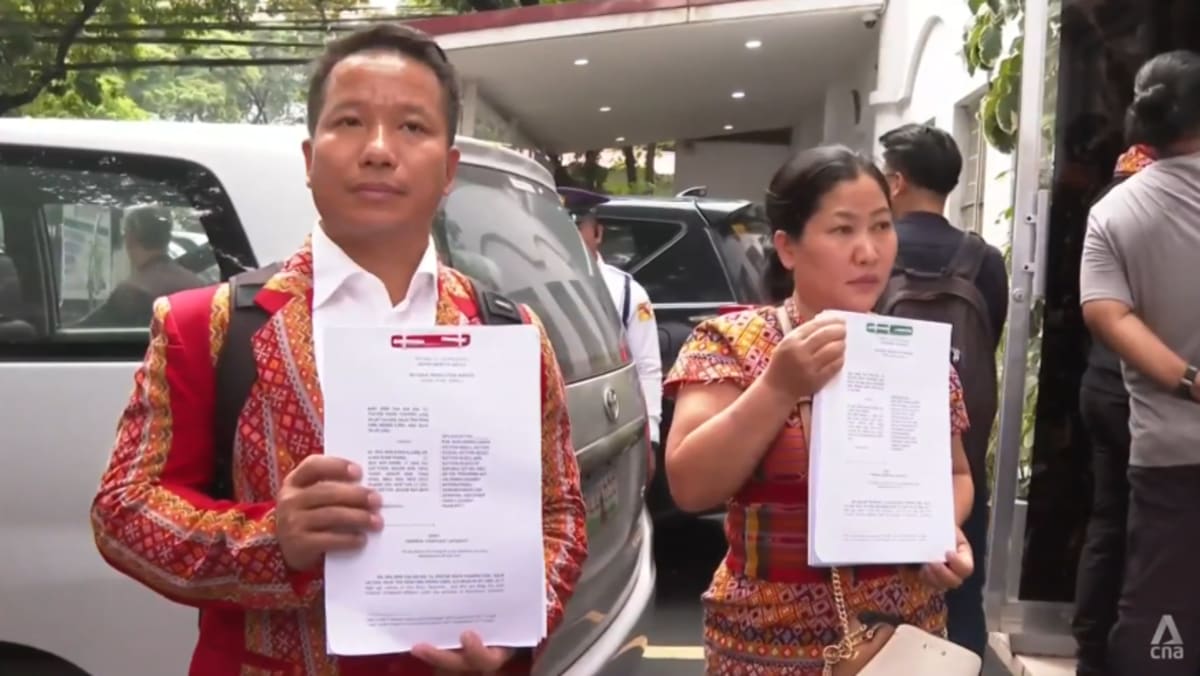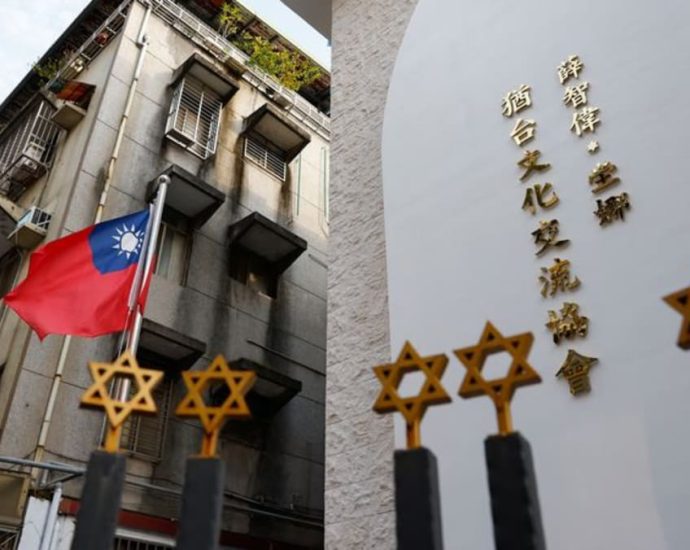Commentary: Joe Bidenâs unsung shift on China
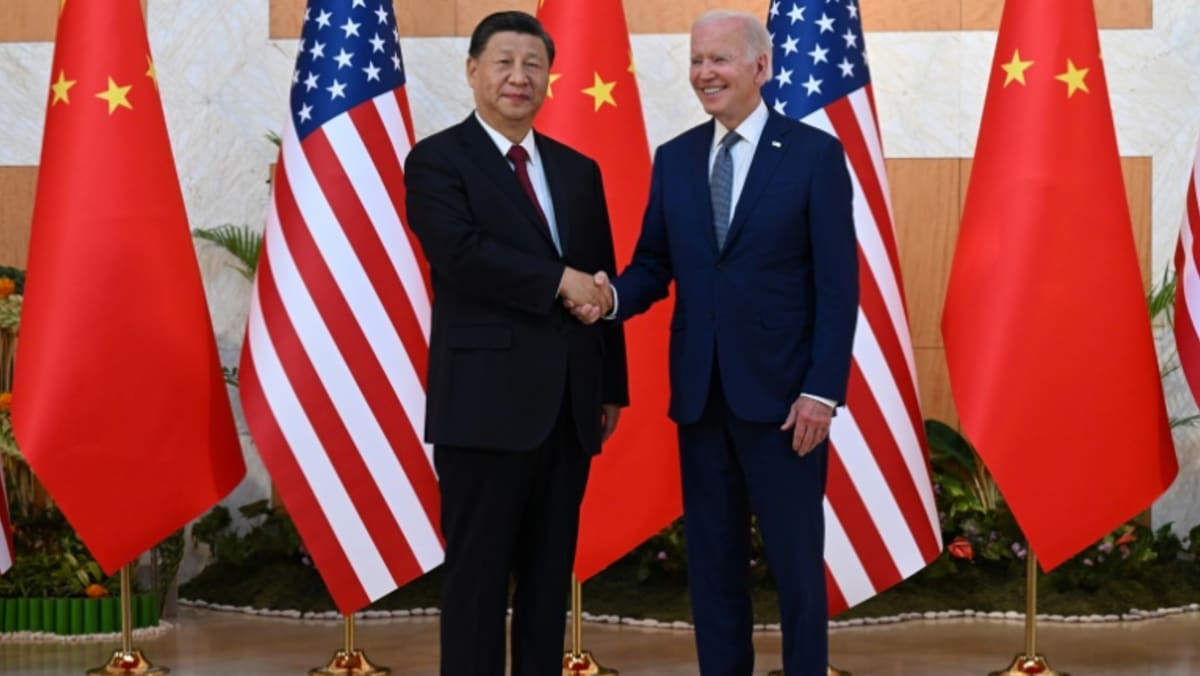
As Biden’s national security adviser, Jake Sullivan, this week pointed out: “High-level and repeated interaction is crucial to clear up misperception … and to arrest downward spirals that could erupt into a major crisis.”
Nothing fundamental has changed about US-China rivalry. Chinese vessels and aircraft continue to intimidate others in its vicinity. America is tightening curbs on outward investments to China, and further restricting Chinese investments in the US.
Xi could cross the line by supplying Russia with military materiel in its war on Ukraine. With some reason, Xi continues to think that America wants to keep China down.
The more they can converse, however, the lower the existential risk. By my count, Sullivan has spent about 20 hours talking to Wang in Vienna and Malta during the past few months, which is as much time as a patient might spend with their therapist.
It is harder to read bad faith into your adversary when they are objecting civilly to you in private.

